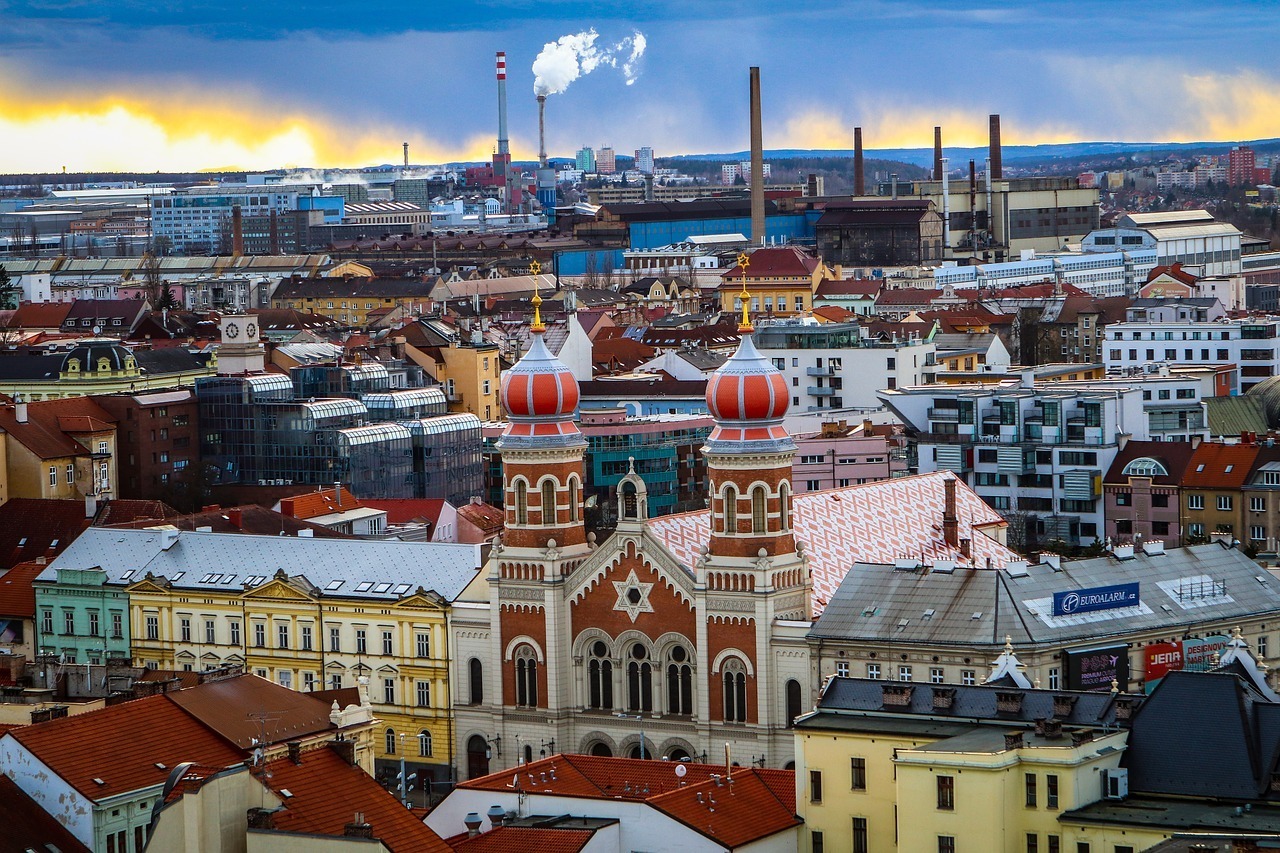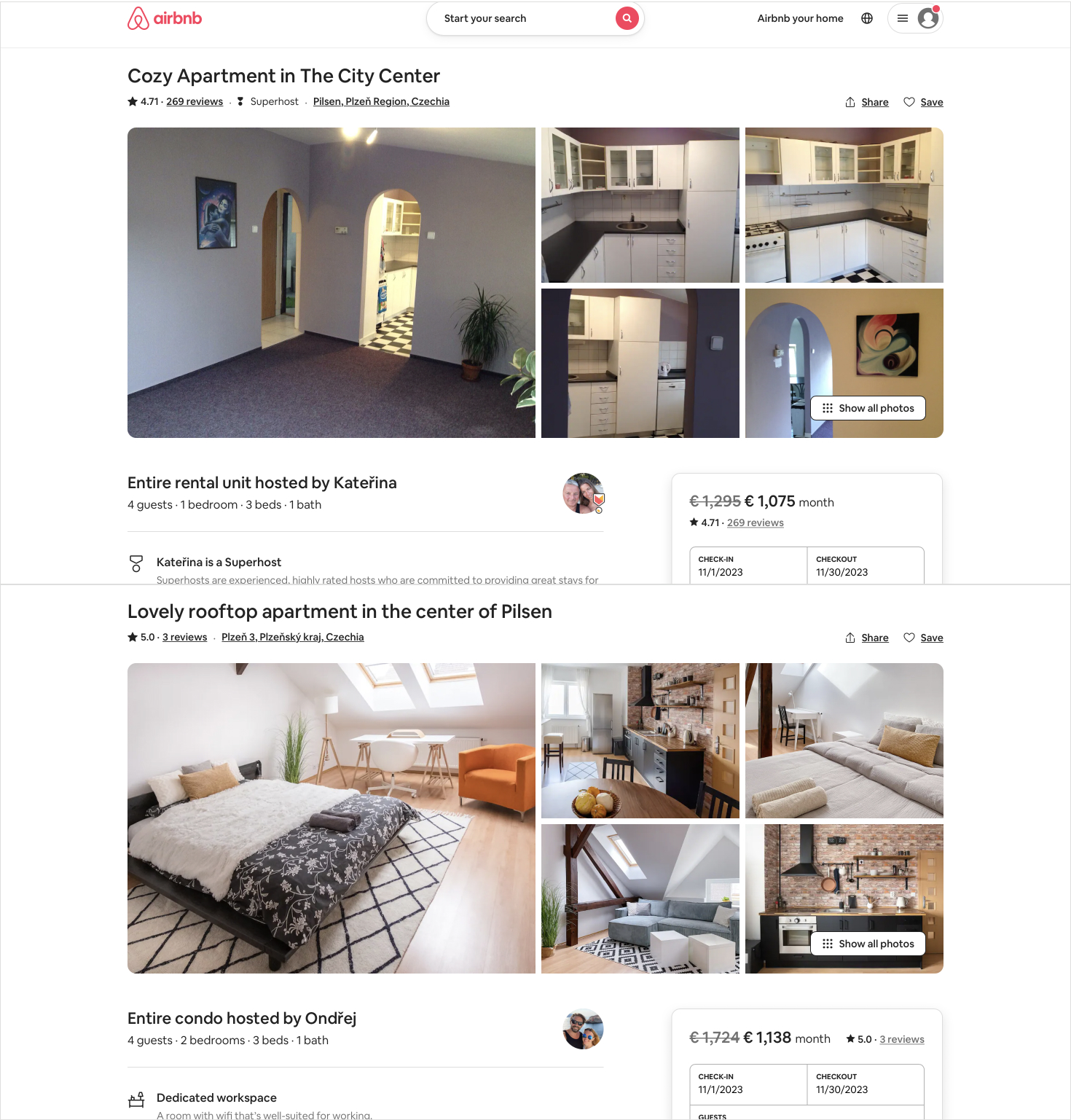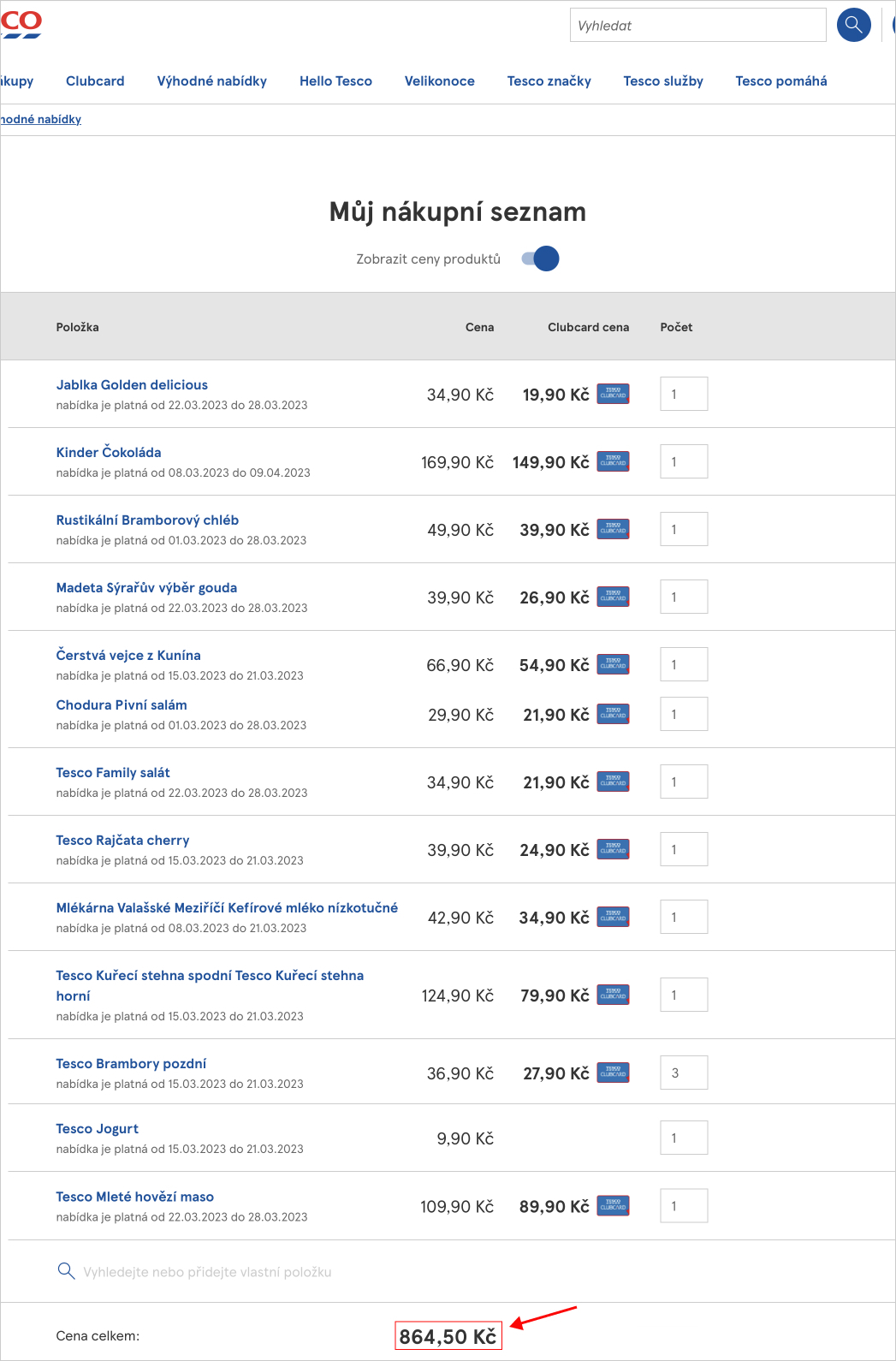
Have you ever heard about Pilsen? It's the fourth largest and one of the most prosperous cities in the Czech Republic. And the best part? If you live there, you're just an hour away from Prague and two hours away from the charming German city called Nuremberg! If you relocate to Pilsen, you'll find yourself in a breathtaking place with a top-notch standard of living.
Our clients from Czechia are always on the lookout for qualified talent. Let’s take just one example of a vacancy for an Angular Developer who is supposed to relocate to the beautiful cities of Prague or Pilsen. The employer offers a salary of €3000 net.
Now, you might be wondering if that's enough to live comfortably in this country. Let's do some calculations and see if this opportunity is worth jumping for.
Our clients from Czechia are always on the lookout for qualified talent. Let’s take just one example of a vacancy for an Angular Developer who is supposed to relocate to the beautiful cities of Prague or Pilsen. The employer offers a salary of €3000 net.
Now, you might be wondering if that's enough to live comfortably in this country. Let's do some calculations and see if this opportunity is worth jumping for.
Taxes
Officially employed professionals pay 15% of their monthly salary if their income is less than €6720 per month (or 23% on any excess amount). Taxpayers are eligible for a tax bonus, which depends on various factors. For example, having children and how many. Try this calculator to check how much you’ll get if you know your gross salary.
Accommodation
The rental market in Pilsen and other Czech cities has skyrocketed in the last few years. With so many people eager to make the move, no wonder prices have shot up! Just a few years ago, you could easily secure a spacious two-bedroom apartment for a mere €500. But now it will be more expensive.
We’ve checked options on Airbnb and found a centrally-located one-bedroom apartment for €1075 a month, while the two-bedroom accommodation is €1138. Have a look:
We’ve checked options on Airbnb and found a centrally-located one-bedroom apartment for €1075 a month, while the two-bedroom accommodation is €1138. Have a look:

Tips to improve your search:
- Consider staying in a hotel for a week or two to check out the options in person. This way, you can get a better sense of which neighborhoods you'll feel most at home in and have the chance to see the places for yourself before signing the contract with the owner.
- If you're looking to save some money, think about renting in the suburbs or neighboring communities instead of right in the city center.
- If you're traveling solo, why not team up with other newcomers and rent an apartment together? You'll each have your own private room but can share common areas like the kitchen and bathroom, which can really cut down on housing costs.
When you find a place, you'll need to sign a contract (which is usually in Czech). Additionally, you'll pay a deposit to the owner. It’s usually one or two months' rent.
Utilities
Utilities typically encompass a range of services including electricity, gas, water, sewage disposal, entryway cleaning, lighting, and garbage collection. These expenses can add up and account for as much as 30% of the monthly rent. According to the website Travel Tables, which gathers user data and regularly updates prices, an 85 m² apartment can cost around €200 per month for utilities.
In the off-heating season (usually lasting about 5-6 months per year) utilities cost less. In addition, the actual price can vary depending on several factors, such as the type of building, the apartment size, and the heating system.
An old panel with inadequate insulation can result in significant heat loss and increased resource consumption. A gas-fired water heater may be the cheapest option (about €500 per heating season for a 2-room apartment), but it tends to be too productive, making the flat often feel suffocating. Using central heating or a gas boiler is more convenient, but it comes at a higher price (€600-1500 per season).
Utilities are charged at a fixed rate regardless of how much resources you’re actually spending. However, once a year, the utility company recalculates everything using data from meters and either refunds or charges you more.
Who pays for utilities – the renters or the owner? It depends on the agreement. It is possible to make a contract with utility providers in the name of those who rent. Alternatively, renters can simply transfer the necessary amount to the owner, who will then deposit it into the utility companies' accounts.
In the off-heating season (usually lasting about 5-6 months per year) utilities cost less. In addition, the actual price can vary depending on several factors, such as the type of building, the apartment size, and the heating system.
An old panel with inadequate insulation can result in significant heat loss and increased resource consumption. A gas-fired water heater may be the cheapest option (about €500 per heating season for a 2-room apartment), but it tends to be too productive, making the flat often feel suffocating. Using central heating or a gas boiler is more convenient, but it comes at a higher price (€600-1500 per season).
Utilities are charged at a fixed rate regardless of how much resources you’re actually spending. However, once a year, the utility company recalculates everything using data from meters and either refunds or charges you more.
Who pays for utilities – the renters or the owner? It depends on the agreement. It is possible to make a contract with utility providers in the name of those who rent. Alternatively, renters can simply transfer the necessary amount to the owner, who will then deposit it into the utility companies' accounts.
Internet
The major telecommunications companies are T-mobile, O2, and Vodafone. They offer similar pricing plans. For example, the mobile tariff (5G) Unlimited XL from T-mobile costs €40 per month.
Useful insight: if you sign a contract with providers for a long term (usually 24 months), you get a discount on the purchase of a phone in their stores.
These companies also provide home internet services. At T-mobile, the high-speed option (500 Mbps) costs €13 per month.
Life in the Czech Republic: the Cost of Groceries
City residents often shop at Tesco, Billa, Albert, and Globus. But Lidl may be the cheapest of them all. Still, we visited the website of Tesco and looked at the prices this store offers:
Useful insight: if you sign a contract with providers for a long term (usually 24 months), you get a discount on the purchase of a phone in their stores.
These companies also provide home internet services. At T-mobile, the high-speed option (500 Mbps) costs €13 per month.
Life in the Czech Republic: the Cost of Groceries
City residents often shop at Tesco, Billa, Albert, and Globus. But Lidl may be the cheapest of them all. Still, we visited the website of Tesco and looked at the prices this store offers:

- Apples (1 kg)
- White bread (400 g)
- Gouda cheese (100 g)
- Eggs (10 eggs)
- Salami (100 g)
- Salad mix (350 g)
- Cherry tomatoes (250 g)
- Milk (1 l)
- Chicken thighs (1 kg)
- Minced beef (500 g)
- Potatoes (6 kg)
- Yogurt with strawberries (150g)
- Kinder Chocolate (300g)
If you calculate it all, it’s about €37. These groceries will be enough for one week for 1-2 people. If you plan to eat only at home, a family of two will spend about €200 per month on food, but with children, the amount rises to €250-350+. Dinner at a mid-range restaurant for two would cost around €30.
Shopping
There are many well-known brands of clothing, gadgets, and everyday goods in the city. Their stores are concentrated in shopping malls. The most popular are:
If you want to buy useful things at lower prices, visit a flea market, which is traditionally held every weekend from 5:00 to 12:00.
- Plzeň Plaza, located in the city center, is a stunning mall that is easily accessible on foot or via public transportation.
- OC Olympia Plzeň, located on the outskirts of the city along the Prague-Nuremberg (Munich) highway, is a massive shopping center that caters to all your leisure needs. You can find a wide range of boutiques, cafes, restaurants, stores, and cinemas there.
If you want to buy useful things at lower prices, visit a flea market, which is traditionally held every weekend from 5:00 to 12:00.
Public Transport
You can use trams, trolleybuses, and buses. The city has 3 tram lines, which connect the suburban areas with the center, the train station, and the central bus station. Trolleybuses cover most of the city. Buses complement the tram and trolleybus networks.
The cabins of each type of transport are different in color: yellow is used for trams, green for trolleybuses, and red for buses.
The city's public transport system is among the most environmentally friendly in Europe: trams and trolleybuses account for 2/3 of the entire fleet and do not pollute the environment.
The cabins of each type of transport are different in color: yellow is used for trams, green for trolleybuses, and red for buses.
The city's public transport system is among the most environmentally friendly in Europe: trams and trolleybuses account for 2/3 of the entire fleet and do not pollute the environment.
Ticket Prices
The easiest way to pay is by using the city "Pilsen Card". A one-year pass costs €180, and a six-month pass costs €104 (valid for all public transport).
Single trips are less financially beneficial. It’s €1-3 per adult, depending on the area (central or suburbs) and the length of the trip.
Single trips are less financially beneficial. It’s €1-3 per adult, depending on the area (central or suburbs) and the length of the trip.
How to Get from Prague to Pilsen?
One of the advantages of living in the Czech Republic is its size (78.8 km²) and convenient geographical location: you can quickly get anywhere, including other countries. Rail and bus transport systems are well-developed.
The popular RegioJet carrier regularly takes passengers from Prague to Pilsen in 1 hour and 20 minutes, with a ticket costing about €4.7. It’s a bit cheaper to travel with FlixBus. The same route is €3.49.
If you want to travel by train, it’s a bit more expensive, starting from €7.60. You can check prices and schedules on the website of the railway operator ČD (České dráhy).
How do you buy a ticket? It’s convenient to do it online. You’ll just need to fill in your personal information, enter your email and phone number. It’s not necessary to print out anything. Just show your ticket number from your phone.
The popular RegioJet carrier regularly takes passengers from Prague to Pilsen in 1 hour and 20 minutes, with a ticket costing about €4.7. It’s a bit cheaper to travel with FlixBus. The same route is €3.49.
If you want to travel by train, it’s a bit more expensive, starting from €7.60. You can check prices and schedules on the website of the railway operator ČD (České dráhy).
How do you buy a ticket? It’s convenient to do it online. You’ll just need to fill in your personal information, enter your email and phone number. It’s not necessary to print out anything. Just show your ticket number from your phone.
Summing Up
Our Angular Developer has a salary of €3000 net per month. Considering the essential expenses for one person in Pilsen, including rent, groceries, utilities, and Internet, the estimated cost per month would be approximately €1525.
Deducting this sum from the salary leaves the specialists with €1475, which can be spent on entertainment, travel, unexpected expenses, or significant purchases like a car or real estate.
We hope that this article has provided you with valuable insights into the cost of living in this charming city. Check out our article on recreational opportunities in Pilsen.
We also invite you to follow us on LinkedIn and Facebook to stay updated on the latest news about available job openings.
Deducting this sum from the salary leaves the specialists with €1475, which can be spent on entertainment, travel, unexpected expenses, or significant purchases like a car or real estate.
We hope that this article has provided you with valuable insights into the cost of living in this charming city. Check out our article on recreational opportunities in Pilsen.
We also invite you to follow us on LinkedIn and Facebook to stay updated on the latest news about available job openings.

